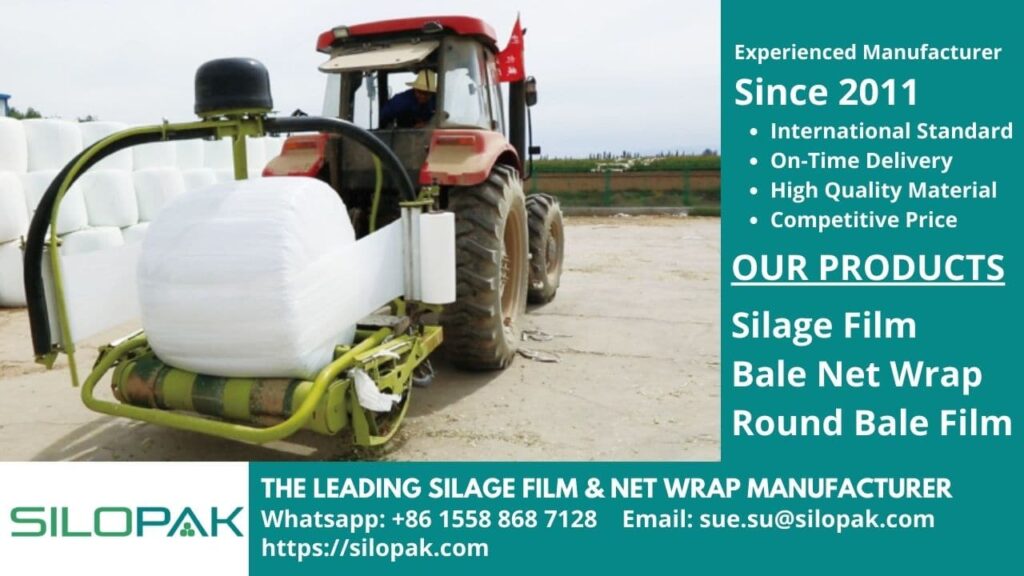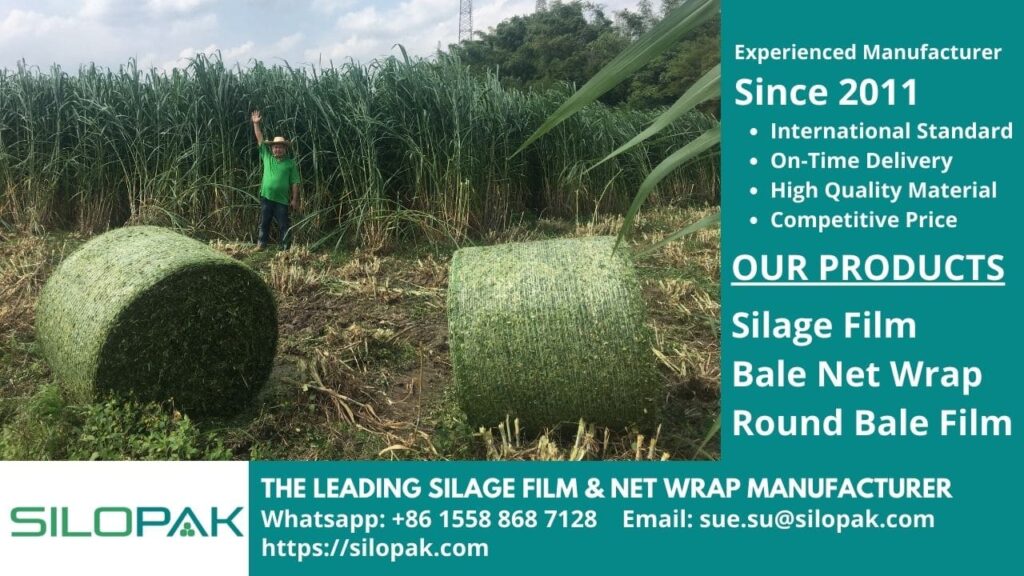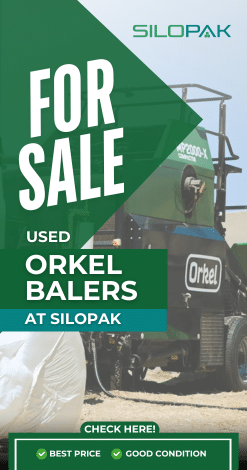
At first, what farming wraps may contribute to a farming business might not be all that important. It’s just a wrap; nothing special could be derived from a wrap, right? Pretty much everything can be used for this specific purpose. However, you need to take a closer second look to finally have a thorough grasp on what it means to be able to provide quality wraps for the livestock feed you are going to feed to your animals at the farm.
contents
Why Farming Wraps are Beneficial
Let’s start with what farming wraps do in essence. Yes, it’s used to wrap something, as most wraps are expected to. But when implemented in a farming environment, such wraps are of utmost helpfulness in that they play a big role in maintaining the overall freshness of feed contained within. See, the bales you produce to make food for the animals you are rearing may be of dry or damp variety. Both could benefit from being wrapped to a good measure.
1. Dry Crop
Dry crops are plants that are harvested, cut, and raked before being compressed into a bale. This will serve mostly as fodder for the animals to forage upon when they are not able to forage naturally.
However, as they need to be kept and stored dry, the absence of proper wrapping will expose them to water, making them wet. Wet plant materials are fertile ground for bacteria and fungus to thrive. The wrong kind of bacteria may further cause decomposition, defying the purpose of making dry feed for the animals in the first place.
2. Damp Crop
Damp crops baled into a stack are meant to ferment anyway. But if they are left without being sealed properly, they will rot. By the end of the day, you are left with nothing but a pile of foul-smelling heap of garbage that doesn’t do anything to help your farming business other than being an eyesore. And let’s not forget all sorts of health concerns that may stem from their presence around.
See? Don’t let the simplicity of farming wraps deceives you. Their role is bigger than what they are made up to be.

Factors to Consider upon Selecting Farming Wraps
But selecting the right farming wraps is no easy undertaking either. There are many aspects that you need to take into account when choosing one.
Tear and Wear Resistance
Because the wraps are going to be in constant use and there is also a possibility of the bale getting exposed to the elements all the time, you need to choose a wrap that is capable of withstanding all sorts of extraneous threats. While you might not reuse the wraps, they must be able to remain viable for a prolonged time until the bale is retrieved for use in the future.
A Degree of Sealing Properties
Remember, the bale you produce may either be dry or damp. The wraps must be able to accommodate all sorts of bale types. It must be accommodative of air circulation when the bale is dry. On the other hand, it should be able to seal the content rather tightly, especially when it’s damp within.
Pureness of Material
The wrappers must be produced using virgin materials to prevent the chemicals within the wraps from seeping into the content. If this process isn’t prevented, the bale might get contaminated, rendering the content dangerous and toxic for the animals feeding on them.
Variety of Length and Size
The farming wraps that you choose should be capable of accommodating the size and volume of the bales that you produce. This is simply a matter of convenience. By getting the right length of wraps for the bales, you can save more time and energy and reduce the trash in the process.
Where to Get the Best of Farming Wraps?
Contact us for the optimal farming wraps tailored to your specific needs. At Silopak, we excel in offering top-quality bale wrappers, accommodating any size and shape, whether round or square. Our reputation has grown significantly thanks to our dedication to serving a diverse global clientele. We ensure our farming wraps are safe and versatile, designed in multiple dimensions to perfectly align with your dynamic requirements.

